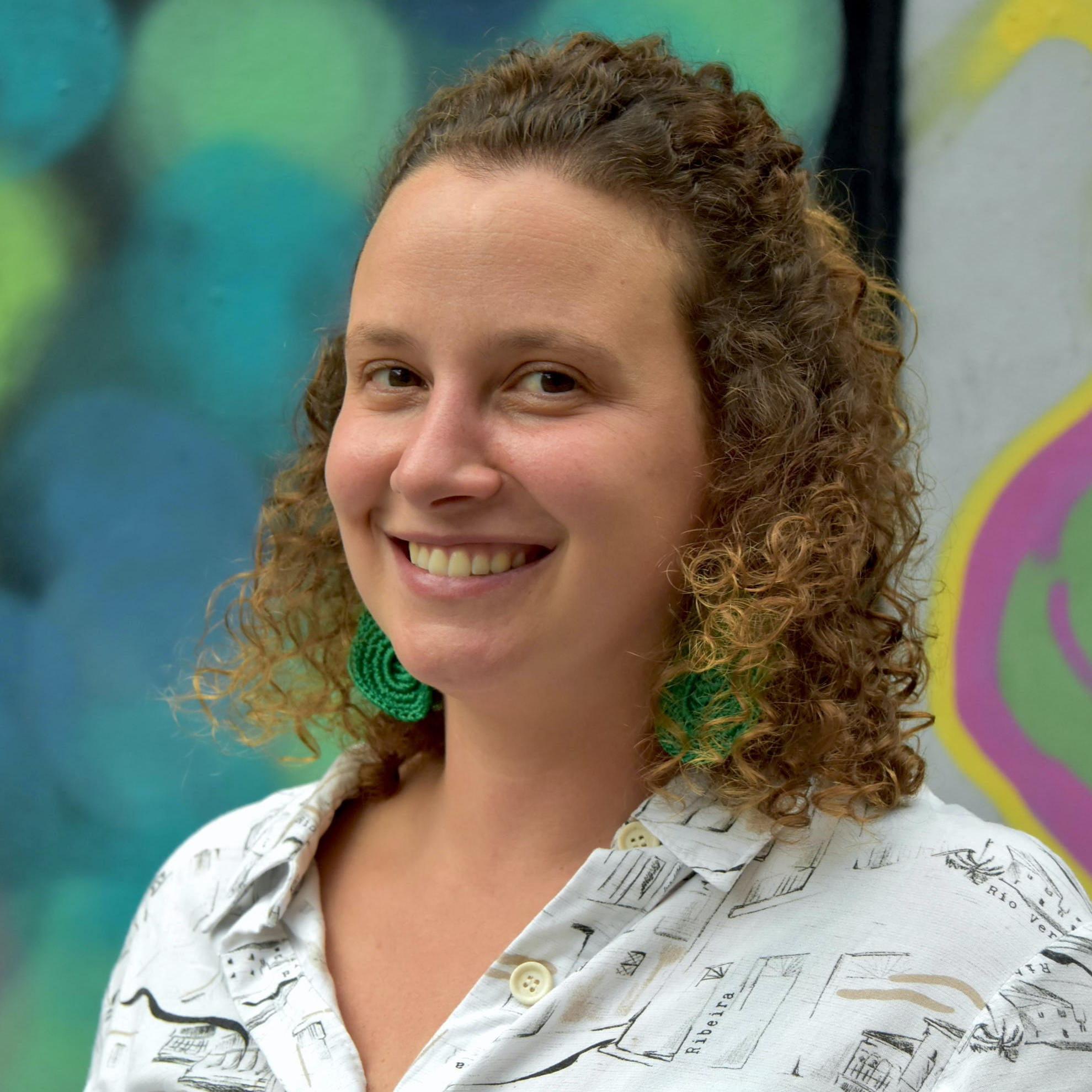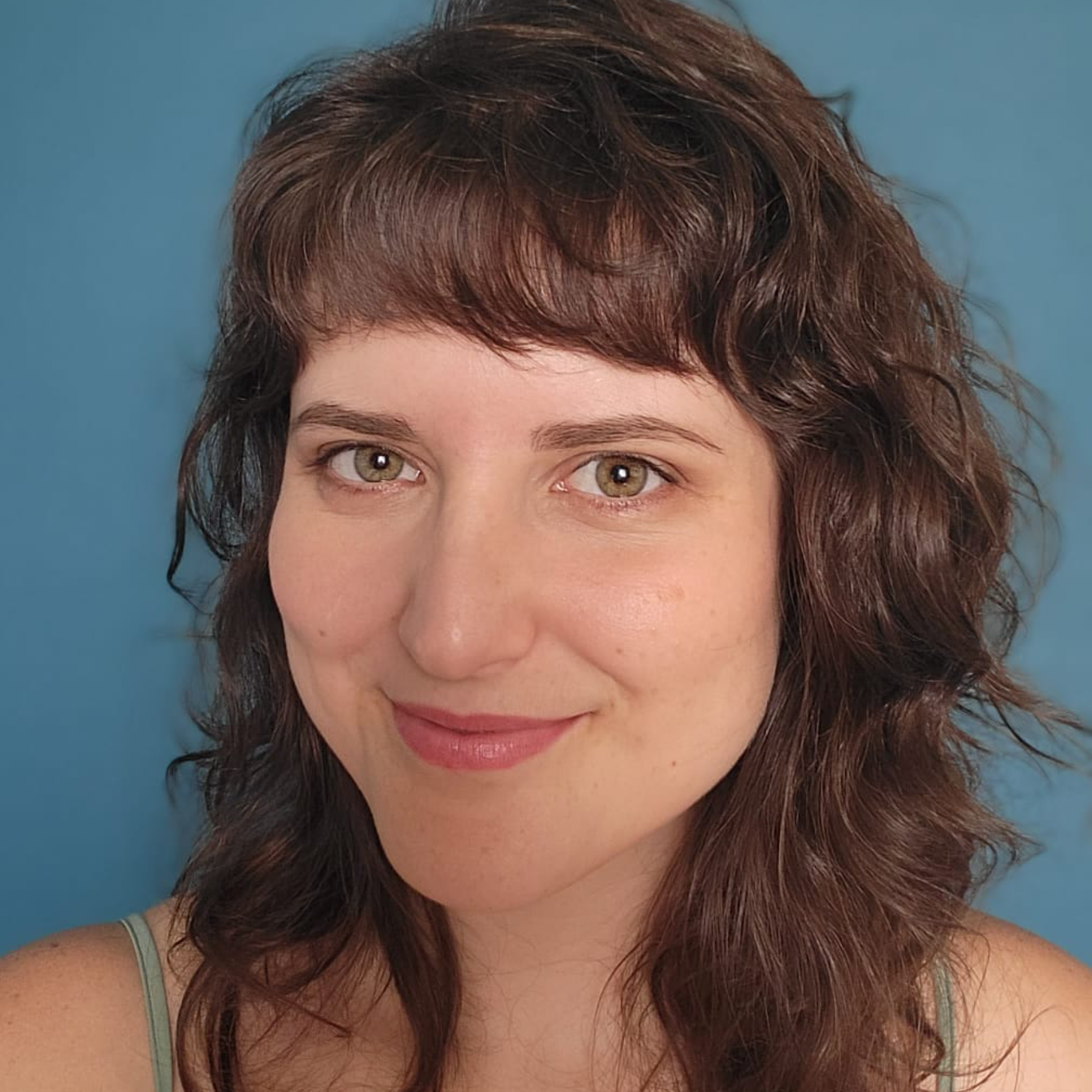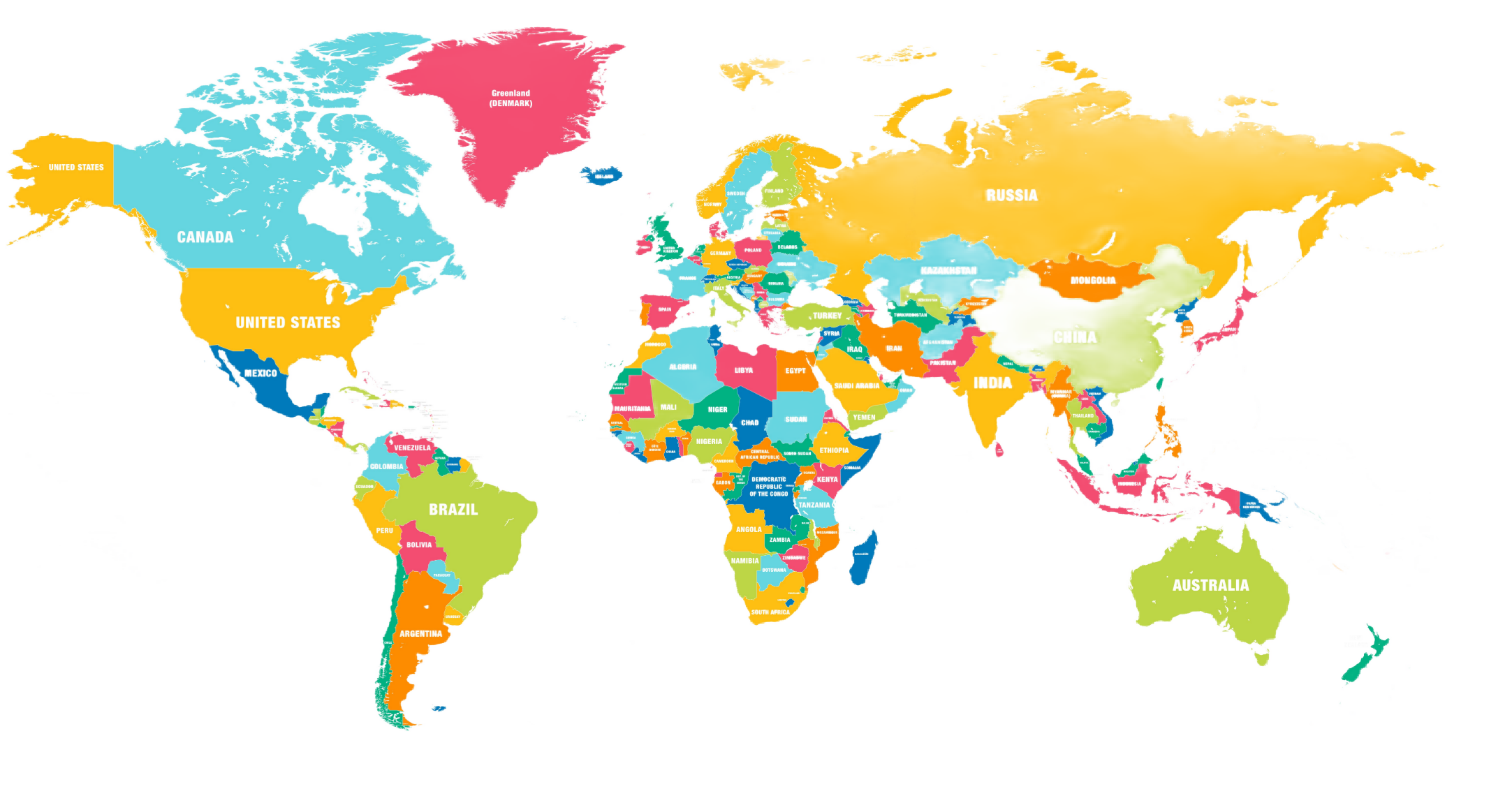The Walkability Institute (Instituto Caminhabilidade) is a non-profit organization led by women and founded in 2012 that, driven by the urgency of achieving gender equality and addressing the climate crisis, develops walkable cities with citizen participation.
It does this through two lines of action, promoting the culture of walking and humanizing cities, integrating five action areas:
What is our vision for cities?
What is our vision as an institute?
Cities where people and walking are a priority, so that walking is the best option to move around.
We want walkable cities!
Walkability creates fair environments, where differences in the quality of life are minimal, by ensuring access, collaboration, sustainability, safety, inclusivity, health, and dynamism for all people – regardless of age, gender, race, income, creed, origin, and physical, mental, and emotional conditions.
As an organization, we aim to guide the development of cities through walkability and become a reference for the transformation of cities into fairer environments, with optimism for the future and ability to act in the present.
We want to always be an innovative organization, willing to amplify knowledge and interdisciplinarity with issues essential for a just and sustainable development.
Access
ensures walking and being in all the city, so everyone can benefit of their own rights.
Collaboration
encourages all people to participate and work together in the construction and transformation of the cities, being protagonists and co-authors of the urban development.
Sustentability
addresses the climate crisis by promoting walkability and the creation of urban spaces that respect the environment and community development, with the capacity to adapt to crises and events without making people vulnerable.
Security
preserves the life, freedom and autonomy of everyone to walk and be in public spaces in the city safely, pleasantly, and comfortably at any time of the day – especially women, children, the elderly, and people with disabilities.
Welcoming
ensures representation in public spaces and invites all people to express themselves and develop through exchanges and interactions with the environment and others.
Health
contributes to physical and mental health, both individually and collectively, by promoting urban environments that encourage active and social interactions in public spaces.
Dinamism
drives innovation and flexibility in environments and ways of collaborating and city-making to create a sense of belonging, fun, and coexistence for all people.
We aim to break paradigms, operate transparently and openly, and be accessible to all people.
Histórico
Since 2012, we have been working on transforming cities into walkable environments alongside people at all scales: street, neighborhood, and city. We began as a group of people leading walking tours in São Paulo as a way to improve people’s relationship with the city.
Soon, realizing that walking is the most used mode of transportation and understanding all its benefits, we decided to be advocate for safe and attractive cities for walking. With that, we began to work with the concept of walkability and engage the public sector to promote changes to build more walkable cities. The biggest success story was the achievement of “Paulista Aberta” in 2015, after over a year of mobilization with other organizations.
In 2015, we began to establish international connections, joined the International Federation of Pedestrians, co-created the Latin American Network for Walkable Cities, and participated in events like Walk21, Congresso Peatonal, NACTO conference, Placemaking Latinoamérica, Conference of Women in Mobility Worldwide, and COP 26, the UN Climate Conference.
In 2017, we organized the first edition of the Walk Week. Other important projects included “Sentindo nos Pés” (Feeling in the Feet), legibility and signage maps “Bixiga a Pé!”, “Passeia, Jardim Nakamura” (Stroll, Jardim Nakamura), and “Mapas Vá a Pé” (Walk Maps), as well as tactical urbanism initiatives.
It was also in 2017 that we formalized ourselves as a Civil Society Organization (CSO) to expand our activities and impacts, not limiting our work to São Paulo but rather developing projects and methodologies that can be replicated in various cities and with different audiences, such as the Citizen Walkability Index and the projects Women Walkers and Afro-Feminine Walking.
In 2021, we created the Walkable City Award, recognizing government projects that improve walkability in cities. In 2022, we co-founded the Rio Pinheiros Laboratory.
Alguns números
11
years working for walkable cities
39
of trips in Brazilian cities are made exclusively on foot (source: 2018, ANTP)
40
Brazilian cities reached with our projects
Who we are

Leticia Sabino
Chief Executive Officer and Executive Project Coordinator
Founder of the Walkability Institute. From São Paulo, Maestra in City Planning and Urban Design from UCL (University College London) in London - Chevening scholar. Business administrator from FGV - EAESP, postgraduate in Creative Economy and Creative Cities from FGV.

Katharina Cruz
Communication Analyst
Joined the Walkability Institute in 2025. From Recife, she is a journalist graduated from Catholic University of Pernambuco and master in Public Health at FSP-USP.

Elisa Bastos
Project Analyst
Joined the Walkability Institute since 2025. Born in Niteroi and raised in Salvador, postgraduate in Urban Planning from the Pontifical Catholic University of Paraná (PUC-PR) and is an architect and urban planner from the Federal University of Bahia (UFBA).

Natália Costa
Project Analyst
Natália has been part of the Walkability Institute since 2023 as a volunteer researcher, and officially since 2025. Born in São Paulo, she is an architect and urban planner, holds a master’s degree in Landscape and Environment from the School of Architecture and Urbanism at the University of São Paulo, and is a specialist in Urban Planning and Management from the Polytechnic School at the same university. Her research focuses on walkability and traffic safety in school surroundings.

Mariana Demuth
Graphic Designer Analyst
Joined the Walkability Institute in 2022. From São Paulo, masters in Design from the University of São Paulo (FAU-USP) and architect and urban planner from the same university.
Volunteers
Ana Paula Jodas | Gabriel Gonçalves | Giuliana Chazanas | Júlia Theodósio | Mayni Gonçalves | Nara Marinho | Natália Costa | Natasha Vaz | Nicholas Casagrande | Samantha Gaspar
Participation in international events

2015 – Walk21 – Vienna
2016 – Congreso Peatonal – Cidade do México
2017 – Placemaking Latinoamerica – Valparaíso
2017 – Congreso de Peatones – Medellín
2018 – Women Mobilize Women – Leipizig
2018 – Walk21 – Bogotá
2018 – Velocity – Rio de Janeiro
2019 – Liderazgo Femenino Urbano BID – Washington D.C.
2019 – Cities Design NACTO – Toronto
2019 – Walk 21 – Rotterdam
2015 – Cidades a Pé – São Paulo
2020 – Foro Peatonal Online – México
2020 – Cidade que Abraça – Lisboa
2020 – Fórum de Intervenções Urbanas – Lima
2021 – Seminario de Movilidad e Género – Buenos Aires
2021 – Conferência do Clima da ONU COP26 – Glasgow
2021/2022 – Connected Smart Cities – São Paulo
2022 – Walk21 – Dublin
2022 – O cenário da pandemia pode gerar cidades caminháveis? – Londres
Awards
2023
Finalist Creative Bureaucracy Festival (with Afro-Feminine Walking) - Germany
2019
Finalist Child Friendly Cities Award (with Paulista Aberta)
2018
Finalist Premia Sampa (with Sentindo nos Pés)
2014
Finalist Sinal Livre de Mobilidade Urbana Award
2013
Santander Creative Economy Award - Leticia Leda Sabino






